The village from which Armenia begins. Photos and video
Thirty-five-year-old Anjela Papyan is the only hairdresser in her village. She has appointments in her home, but her barber’s chair is never empty. For local women, Anjela is a savior as they don’t have to go to the city to get a haircut.
“I make around 30 000 dram a month (62 dollars). I often do cuts for free or get an IOU in return. Sometimes its my neighbor coming in and other times a relative. But on wedding days, the first of September or on holidays I can earn as much as 10 000 drams (20 dollars) a day. I take only 500 drams for a cut (less than a dollar), and the most expensive cut I do costs about 3 000 (6 dollars). You can’t charge more here – people just can’t afford it,” says Anjela.
She lives in the village of Movses which borders Azerbaijan and Armenia. It is 240 kilometres away from Yerevan, Armenia’s capital city. She also has her own small poultry farm and makes extra money sewing clothes.
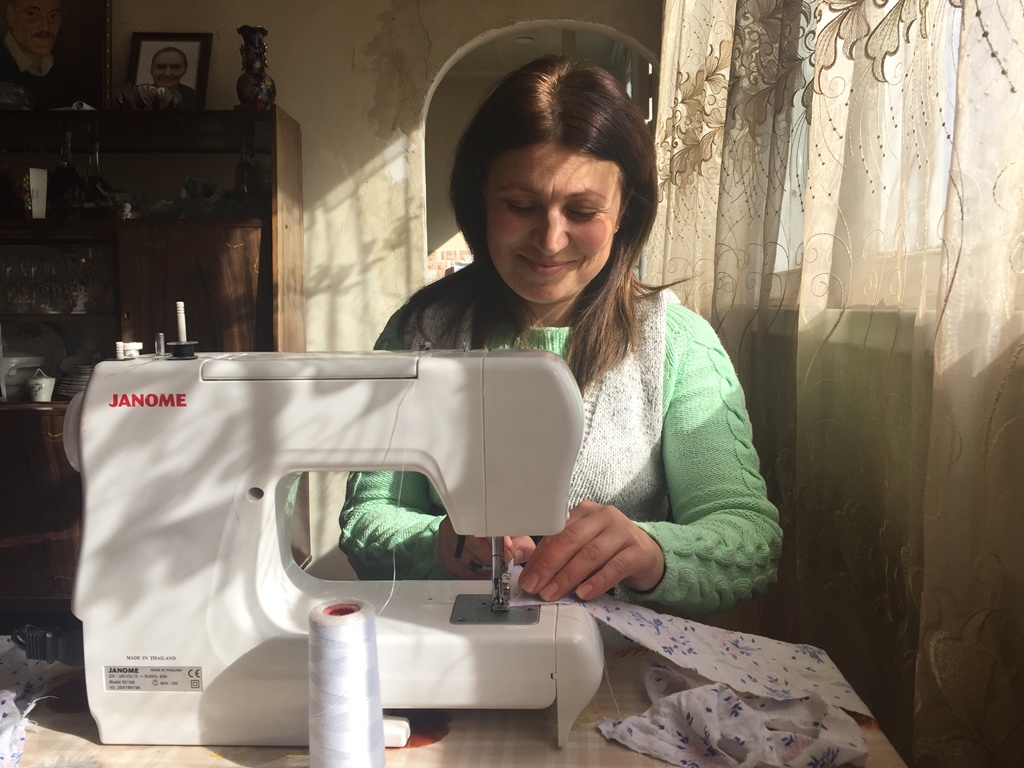
“I help my husband. I do everything I can so that we can stay here. If we leave, then who will stay here for us?” says the mother of three children.
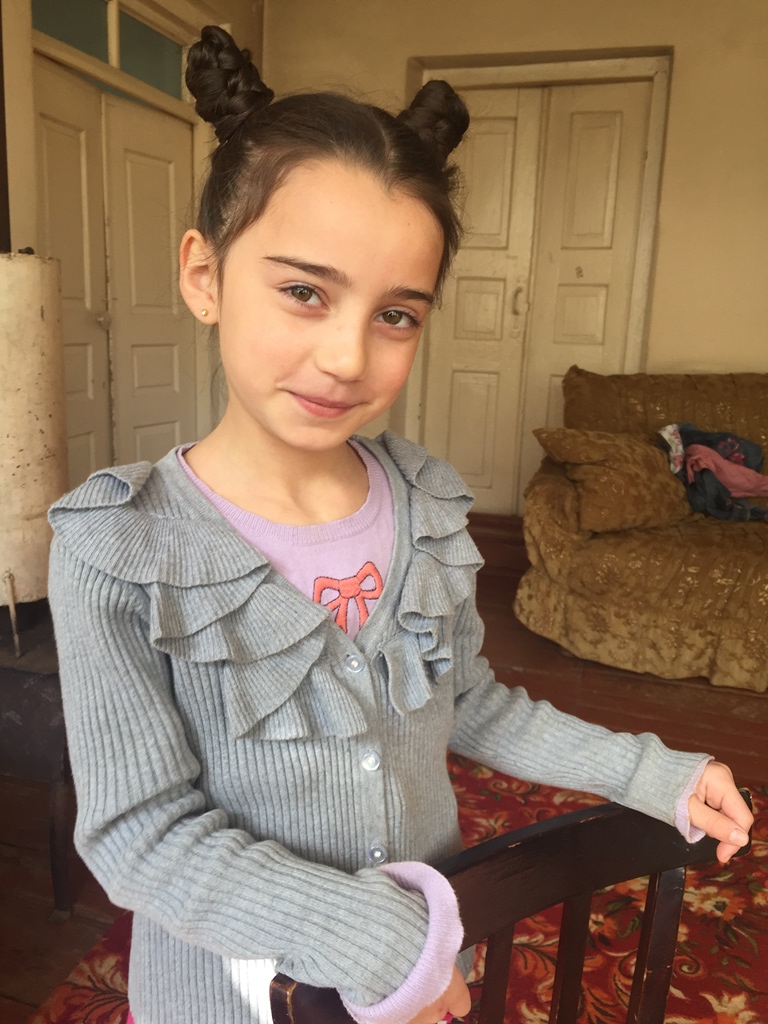
In terms of border-towns, Movses is one of the most dangerous. It is in a ravine and is easily seen from Azerbaijani military positions. There are three Azerbaijani villages in close proximity.
At one point, 3 000 people lived in Movses, but now there are not even 2 000. The head of the village, Ararat Avalyan, says that people are leaving in order to support their families – and you can’t blame them.
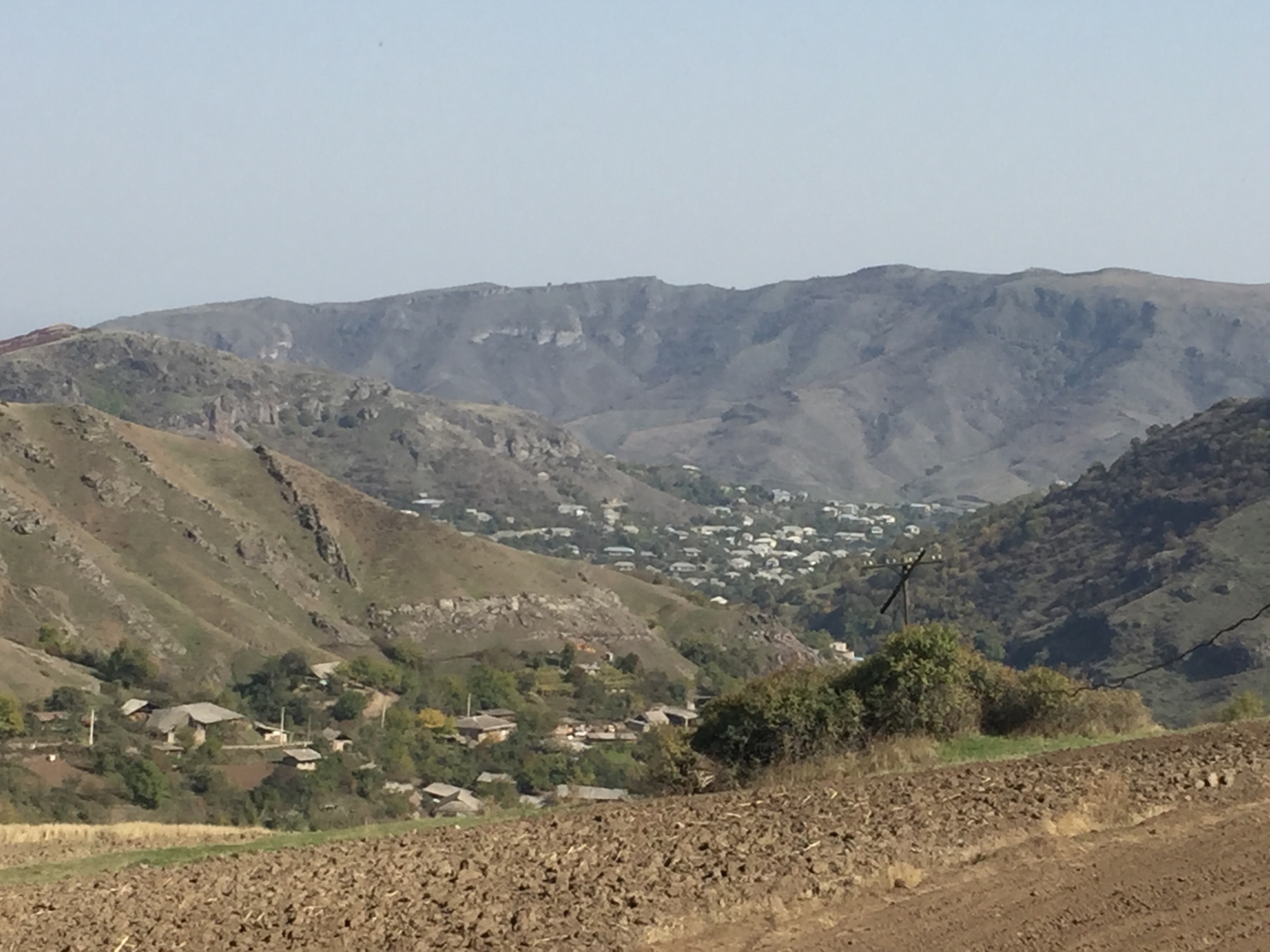
“Before, in nearby villages, there were canneries that were important to the entire union … factories that produced wine and cigarettes. Every day, 5-6 buses would take locals from here to work. During the war, the village was in full force. Around 487 volunteers went to fight – that’s an entire battalion. Then, little by little, people left to make some money, and they didn’t come back. Although now there is a contingent that leaves and then returns for a few months,” says Avalyan.
Anjela and her husband Edik lived in Russia for a while but then returned.
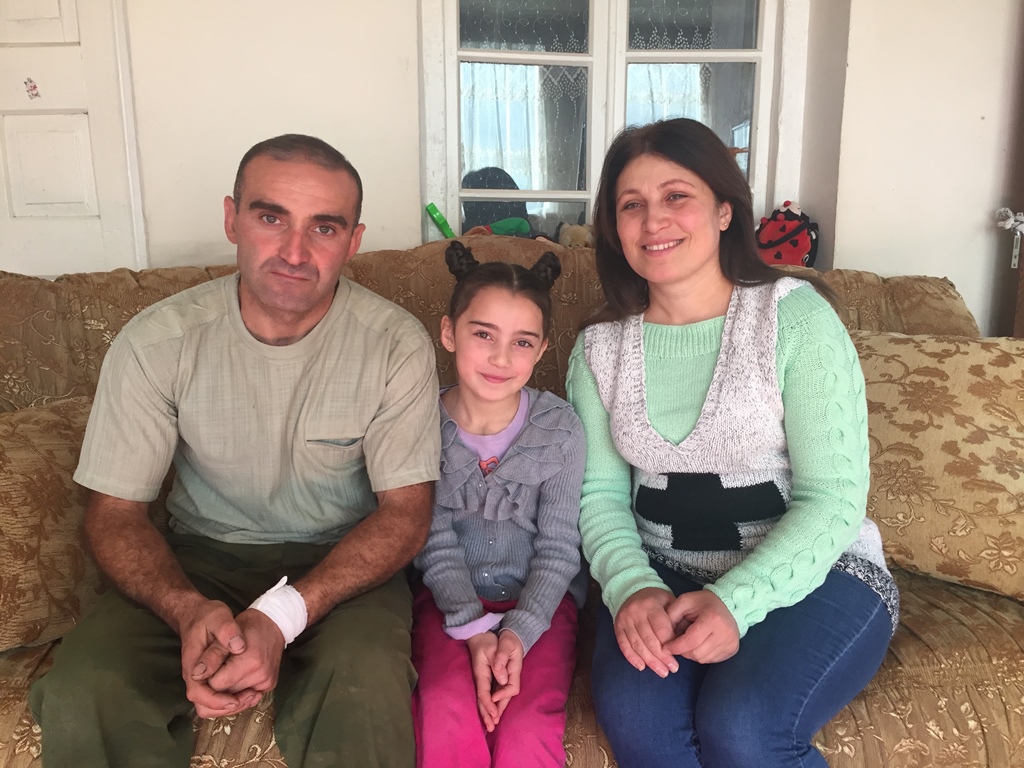
“We are used to living in danger. Our home is in full view from the other side of the border. In the village in general there are a few homes which aren’t in the field of vision. Those who left did so in the 1990s. Those who have remained are here forever,” says Edik Papyan.
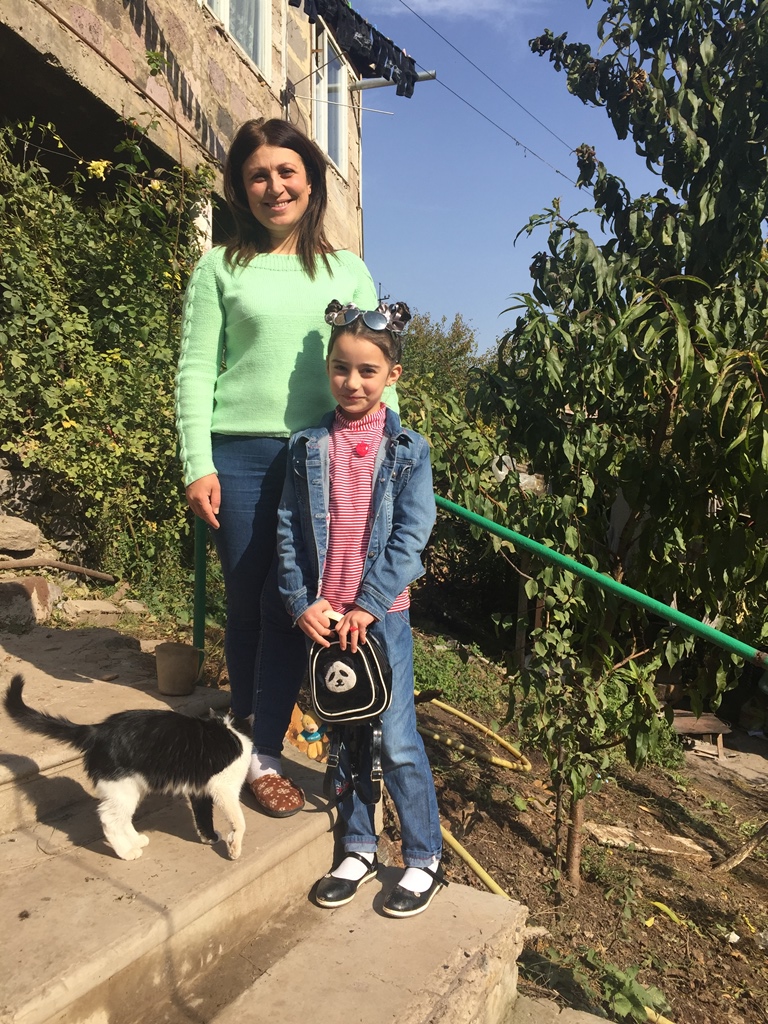
The Papyan family are beneficiaries of the Fund for Armenian Relief’s ‘Breaking the Cycle of Poverty Program’ in Tavush Province’s Berd Region. As part of the project, Anjela received hairdressing tools and equipment, a sewing machine and a few chicks. As a result, the family was able to begin supporting itself.
Lusine Grigoryan, the Fund Director for this district, says the program started in 2013 and that 700 families have already participated:
“The aim was not to give people material aid, but to give families some sense of stability. There are some who have become successful in the agricultural sector and in farming. This has allowed them to stay and live in their homes. The land is a powerful force which sustains people. If there is work today and the possibility of receiving an income tomorrow, then people will stay. We are working against migration from the village,” says Lusine Grigoryan.
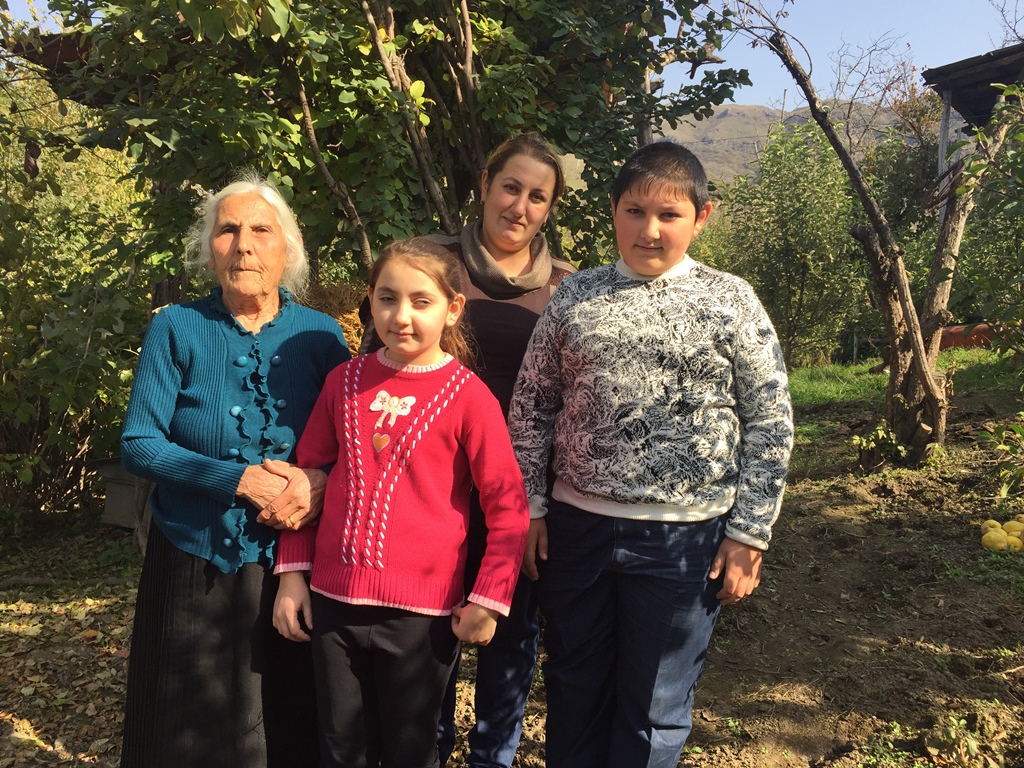
Anjela took in another client and pointed out an unfinished structure in the courtyard which she would like to turn into a hairdresser’s salon.
According to Heghine Gharabaghtsyan, a social worker of the Berd’s office of the Fund for Armenian Relief, families who have three or more under-age children are brought into the folds of the programme. There are 116 school-going children in Movses, 43 of which go to kindergarten.
“Families come in different shapes and sizes, and a lot depends on the participants themselves. The main task is for people to develop their trade in the village itself, and to better the material conditions in the village,” says the social worker.
Murad Papyan’s family lives on the outskirts of the city. There are six people in his family, and he is a military contractor. There are many traces of gunshots on the walls of his home. In order to safely walk about the house, they have had to put stones in the windows that face Armenia.
Murad’s wife, 36-year-old Lusik Babayan, showed us five bee honeycombs which they received as part of the same programme.
“This year, we gathered 25 kilograms of honey – enough for us to sell!” says Lusik, offering us to taste their natural honey.
She immediately invited her guests into the home as it’s dangerous to stand in the courtyard for too long because people who stand around can become targets.
“We haven’t left – my husband is categorically against the idea. Do you think it’s easy to live in someone else’s country? We have gotten used to it, but still, it’s impossible not to be afraid. I work the entire day in their sights. But what can I do? This is my home, and one must live. Our grapevines are right on the border, on the lower part of the village right in front of their military positions. My husband waters the vines only at night or during a storm, and we gather our harvest as if we were robbing ourselves,” says Lusik.
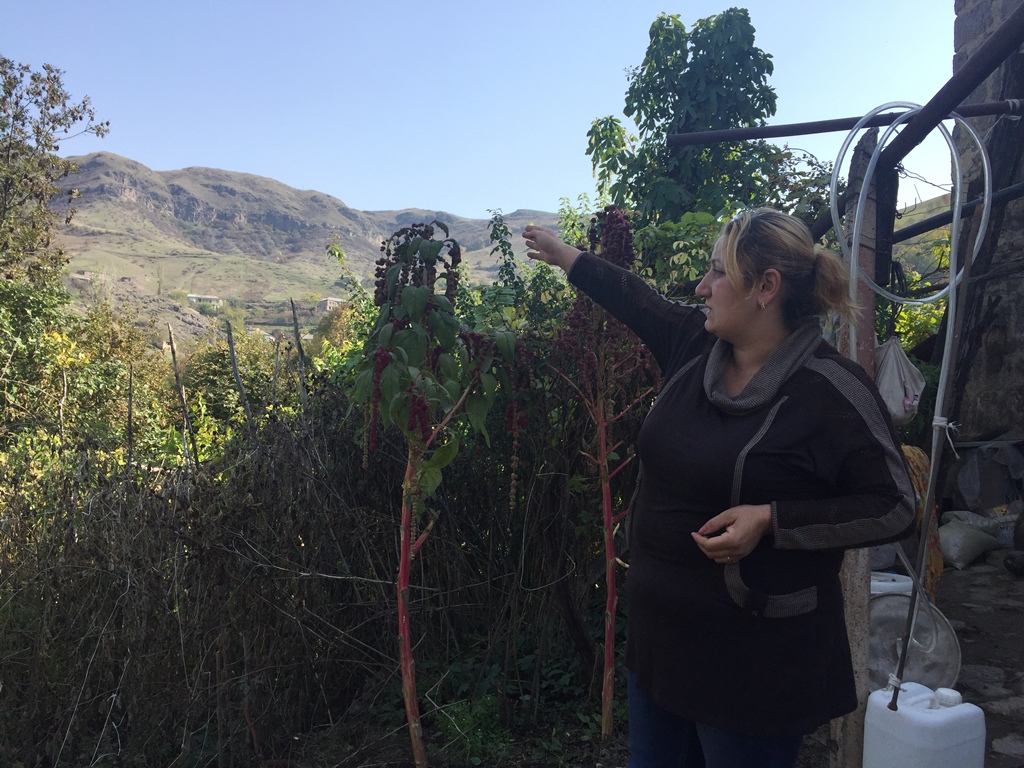
The village head says that the arable lands of Movses are 400 – 500 metres from the border, making it practically impossible to work on them.
“There are no safe spaces in our village. Right now, the entire village administration, church and school are all under threat as 70 per cent of the village is within their field of vision. We have 660 arable plots of land, 40 of them are irrigated but are right on the border. People want to normalize their lives, they want to have the possibility of working on their land. And if they can work on their land, then it will be easier to live [here]. People are tired of all of this,” says the elder.
Local residents have gotten used to their current reality: they have changed their homes, avoid gathering in courtyards and even weddings and funerals are held without much noise so as not to attract attention.
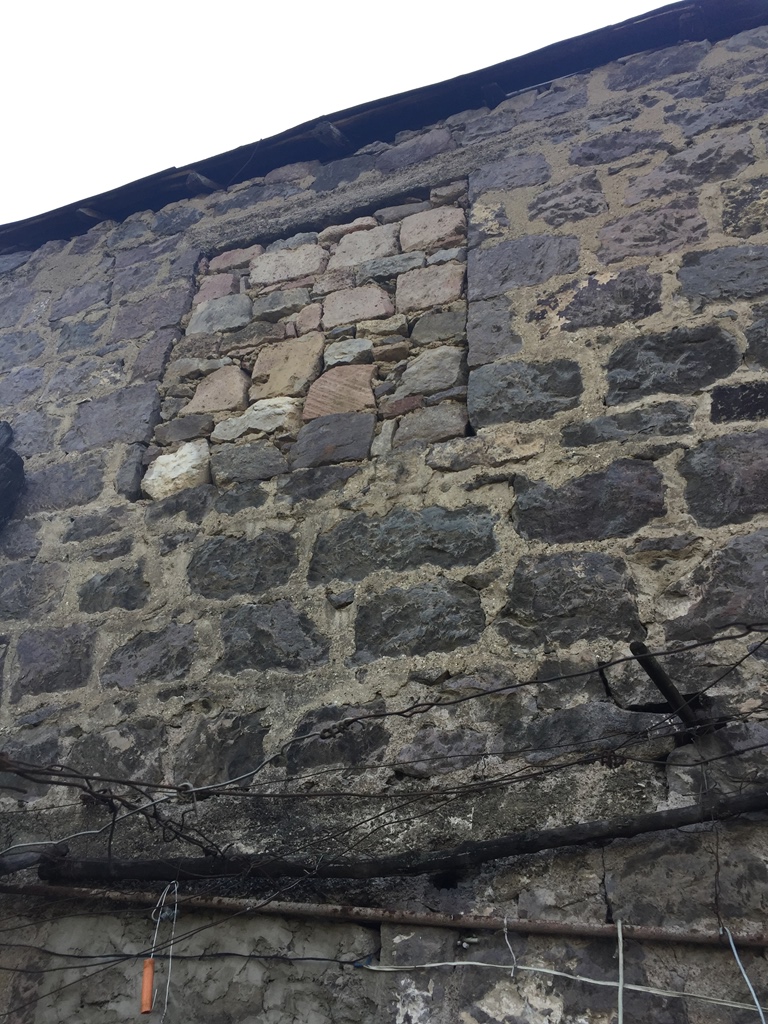
“They shoot even during funerals. The cemetery of our village is very close to the border. It’s happened before that they’ve lowered a coffin into the ground and then had to run away in order to save themselves. We go to bury our loved ones in small groups so as to avoid large gatherings. Despite this, we live in Movses for peace and this thought helps us to get over the difficulties. Armenia does not end here. It begins here – from our village,” says Edgar Papyan.


















